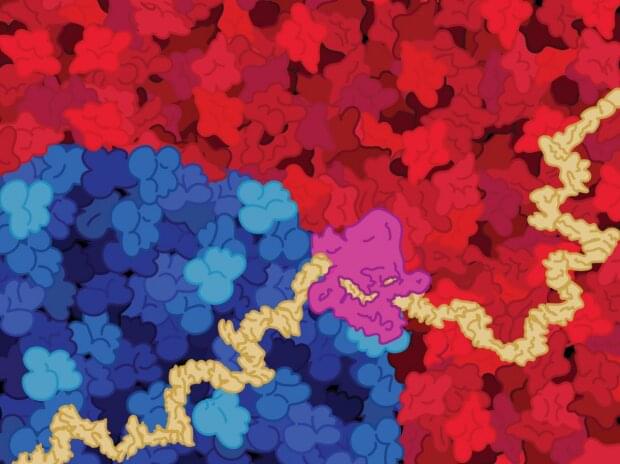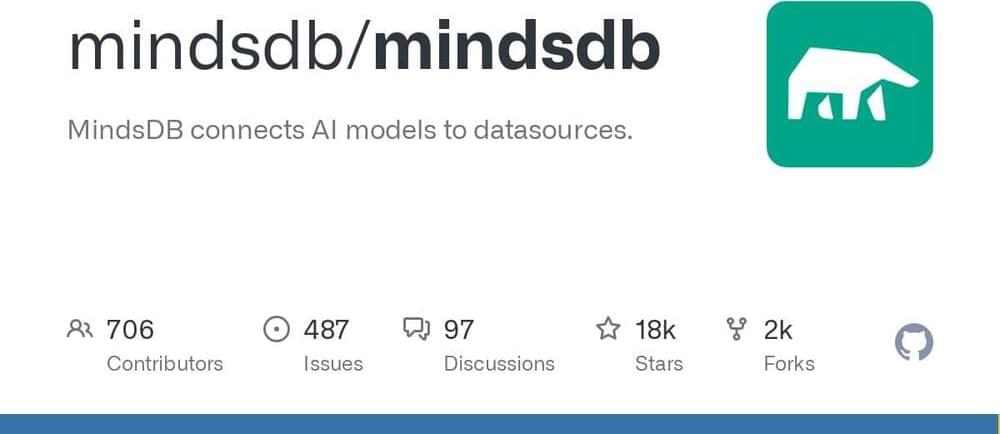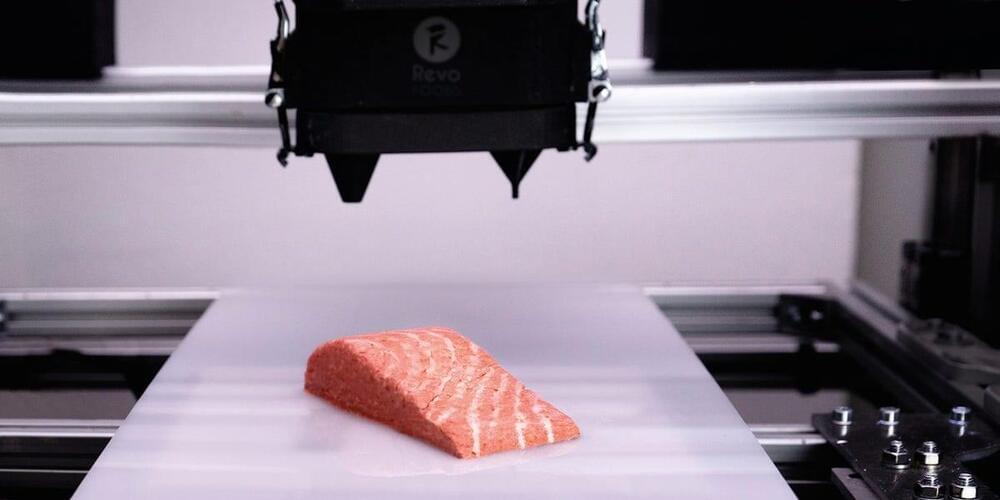Tests on cabbage plants suggest fertilisers derived from human urine and faeces are safe and could help bring down food prices.
By Brian Owens

Tests on cabbage plants suggest fertilisers derived from human urine and faeces are safe and could help bring down food prices.
By Brian Owens

Year 2022 This toilet looks promising essentially turning waste into ashes.
Billionaire Bill Gates has partnered with electronics company Samsung to create a prototype waterless toilet for household use that turns solid waste into ashes.
The toilet was developed as part of the Bill & Melinda Gates Foundation’s Reinvent the Toilet Challenge – an initiative that started in 2011 that sought proposals for toilets that safely and effectively manage human waste.
The Microsoft founder worked with the research and development arm of Samsung Electronics to design the waterless toilet, which uses heat-treatment and bioprocessing technologies to kill pathogens found in human waste.


A study from Ann & Robert H. Lurie Children’s Hospital of Chicago demonstrated that Botulinum toxin (Botox) injected in the pylorus during endoscopy improves chronic nausea and vomiting in children who have a disorder of gut-brain interaction (DGBI). These debilitating symptoms not attributed to a defined illness have previously been called functional gastrointestinal disorders before the newer DGBI classification. The study’s findings point to a novel understanding of the condition’s pathology – pylorus that is failing to relax and allow food to effectively pass into the small intestine resulting in symptoms of nausea, vomiting, early satiety and bloating.
Results were published in the Journal of Pediatric Gastroenterology and Nutrition.
“Our results suggest that chronic nausea and vomiting might be caused by pyloric dysfunction, rather than abnormal peristalsis, which is the rhythmic contraction and relaxation of digestive tract muscles needed to move foods and liquids through the gastrointestinal system,” said lead author Peter Osgood, MD, gastroenterologist at Lurie Children’s and Assistant Professor of Pediatrics at Northwestern University Feinberg School of Medicine. “This is a paradigm shift in our understanding of mechanistic pathology. Importantly, it opens the door to a more targeted use of Botox specifically in children who are found to have pyloric dysfunction during endoscopy, and for whom the current medications are not effective.”


A team of New York University computer scientists has created a neural network that can explain how it reaches its predictions. The work reveals what accounts for the functionality of neural networks—the engines that drive artificial intelligence and machine learning—thereby illuminating a process that has largely been concealed from users.
The breakthrough centers on a specific usage of neural networks that has become popular in recent years—tackling challenging biological questions. Among these are examinations of the intricacies of RNA splicing—the focal point of the study—which plays a role in transferring information from DNA to functional RNA and protein products.
“Many neural networks are black boxes —these algorithms cannot explain how they work, raising concerns about their trustworthiness and stifling progress into understanding the underlying biological processes of genome encoding,” says Oded Regev, a computer science professor at NYU’s Courant Institute of Mathematical Sciences and the senior author of the paper, which was published in the Proceedings of the National Academy of Sciences.

The Impact of chatGPT and other large language models on physics research and education (2023)
Event organizers: Kevin Burdge, Joshua Borrow, Mark Vogelsberger.
Session 3: “The use of large language models in teaching/administration”
Capstone talk: “LLMs for Physics, and Physics for LLMs“
Speaker: Dr Stephen Wolfram (Wolfram Research)

